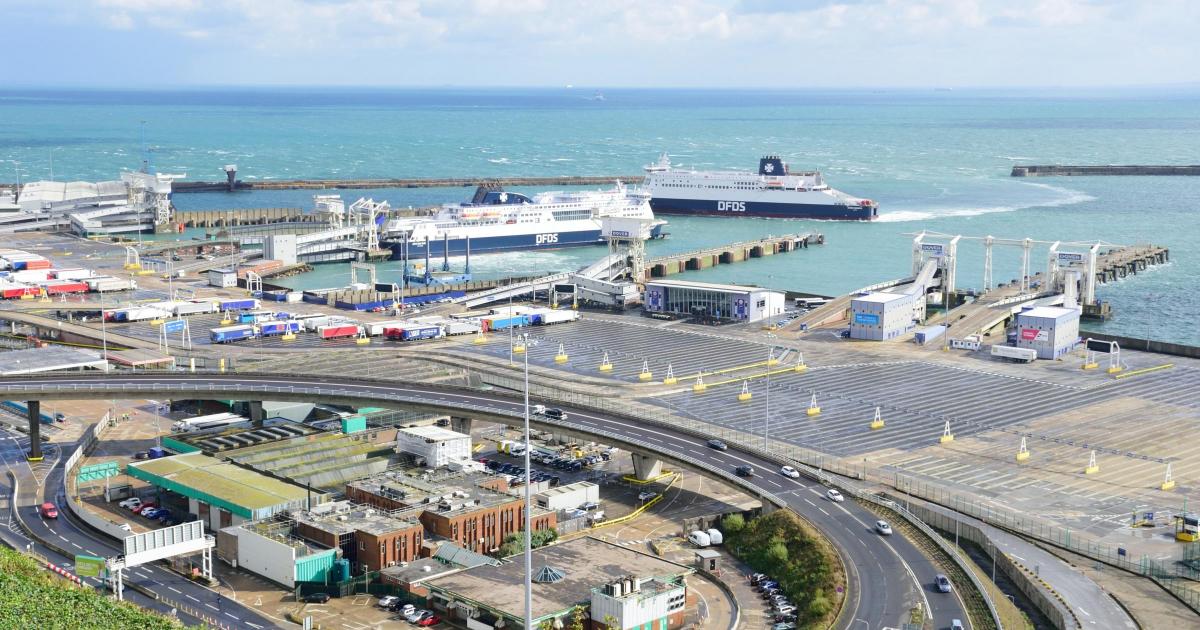The Fresh Produce Consortium (FPC) is demanding a clear timetable for a new sanitary and phytosanitary (SPS) agreement, including when it will be finalised and enforced.
It is also calling for the current July 1, 2025 deadline for the Border Target Operating Model (BTOM) – the new rules for importing goods into Britain – to be pushed back until the SPS agreement is in place.
The FPC says the government must also avoid ‘unnecessary’ checks on non-EU produce by introducing long-term exemptions from EU-style standards for UK-only goods.
FPC chief executive Nigel Jenney said the sector was being left in the dark.
“The industry cannot prepare because it doesn’t have adequate information on time and has no confidence in the UK government because they say one thing and do another,” he said.
“We’ve already, as an industry, shown commitment. We have invested huge amounts of money, millions of pounds, in building infrastructure in good faith at our own cost to allow goods to be inspected
“These are now largely underutilised due to a deliberate failure to provide enough official inspectors. Without urgent action, these sites will become white elephants.”
His comments follow yet another last-minute delay to SPS checks on EU imports – the fifth since Brexit.
Businesses that had prepared in good faith are now facing serious financial losses.
PML Seafrigo, which manages cold supply chains, spent over £7 million on a new customs facility in Kent. Chief executive Mike Parr said that investment may now be wasted.
“We spent all that money training our guys in the process, and it’s going to be of no use now,” he said. “The writing is on the wall.”
Food and Drink Federation chief executive Karen Betts echoed those concerns, stressing that the EU is still the UK’s biggest food and drink market.
“Our manufacturers need stability and a functioning trade system, not policy lurches,” she said.
The chaos has been especially damaging for citrus importers, who rely on predictable regulations. Defra had only recently signalled a new operator scheme was imminent, triggering another round of costly preparation.
Meanwhile, trade losses are mounting. A report by the Centre for Inclusive Trade Policy shows UK food and drink exports to the EU have dropped 16% since Brexit, blaming red tape and uncertainty.
Now, the FPC and port authorities are pushing for compensation. The British Ports Association says UK ports spent over £120m preparing for checks – including £23m at Portsmouth International Port alone.
Jenney said the government must take responsibility.
“These facilities were built in good faith, under clear government direction. If they’re now surplus to requirements, the government must do the right thing and reimburse those who acted responsibly.” he said.

